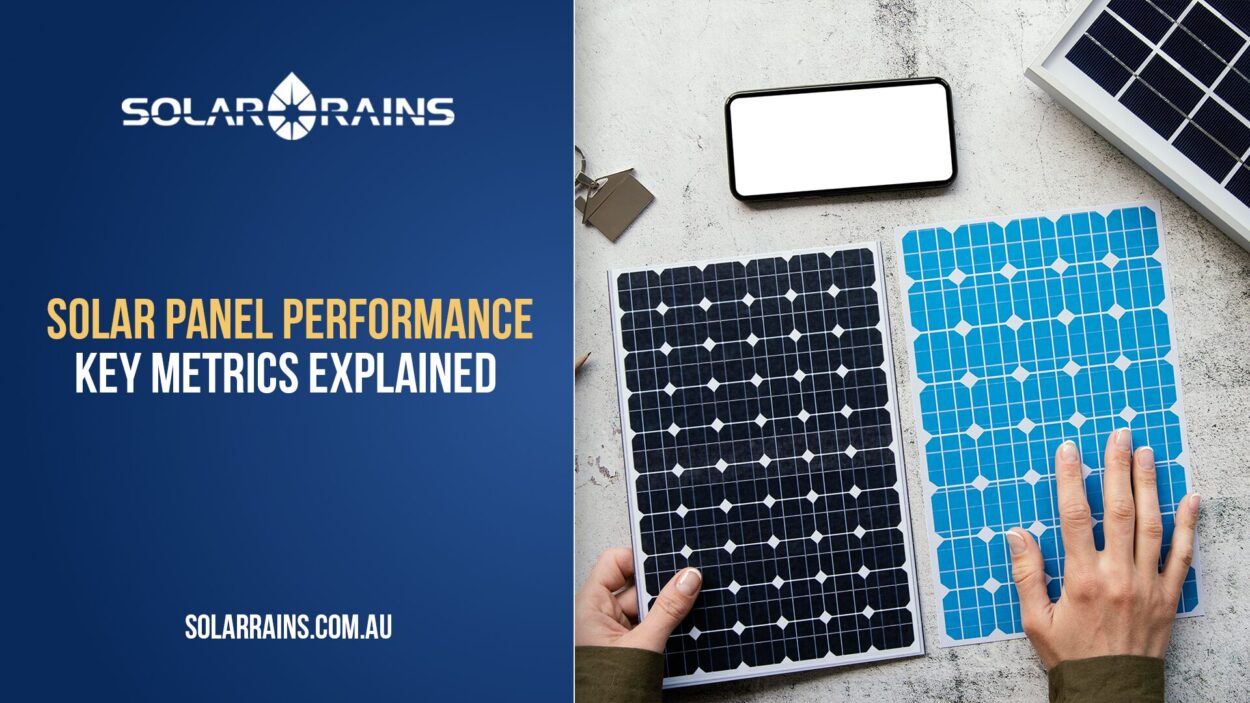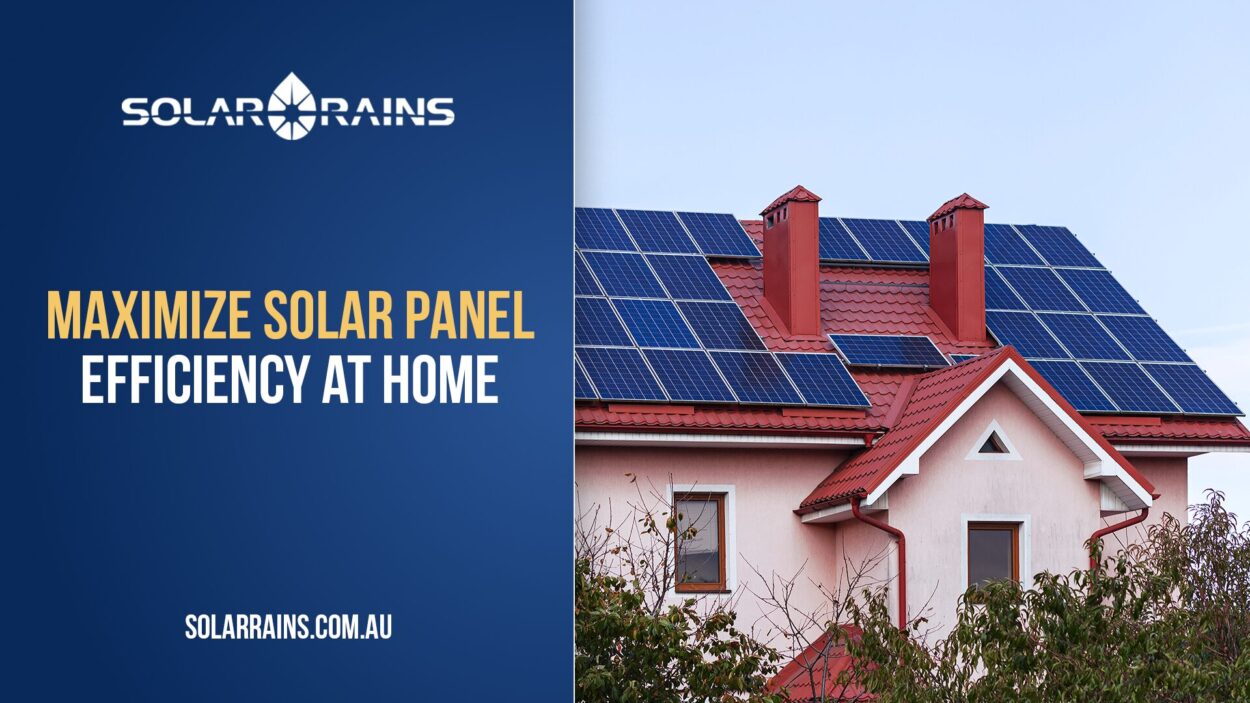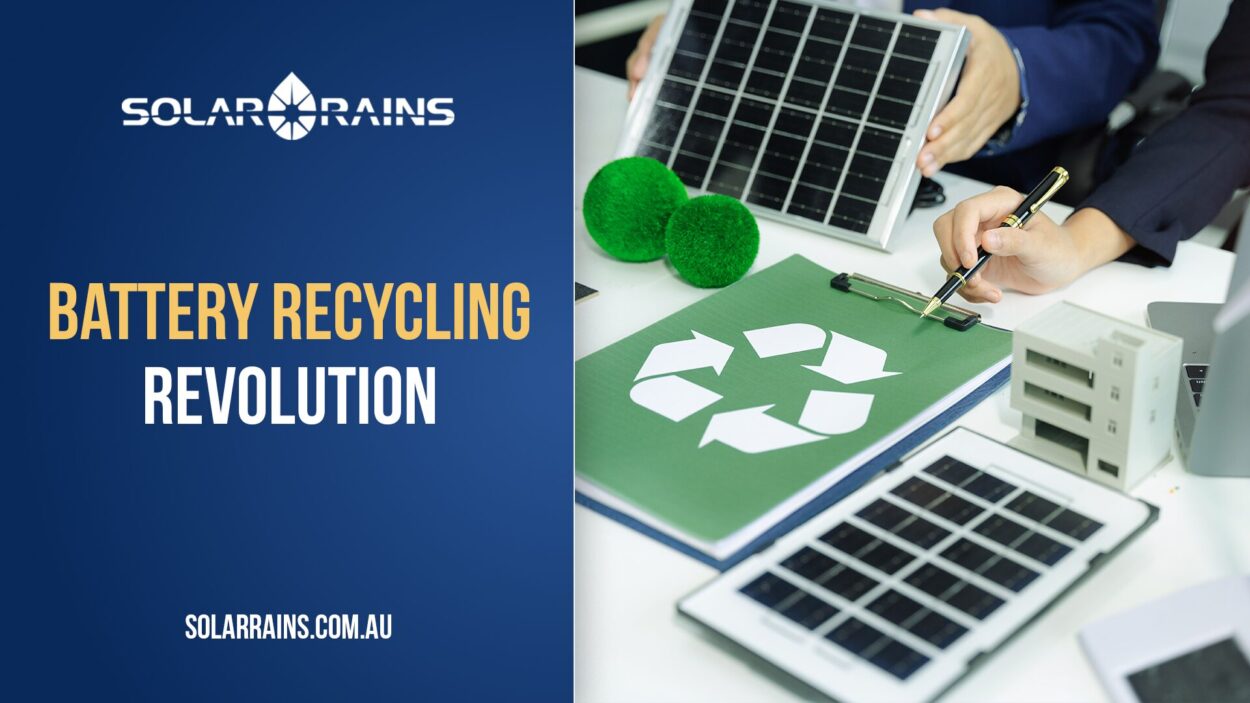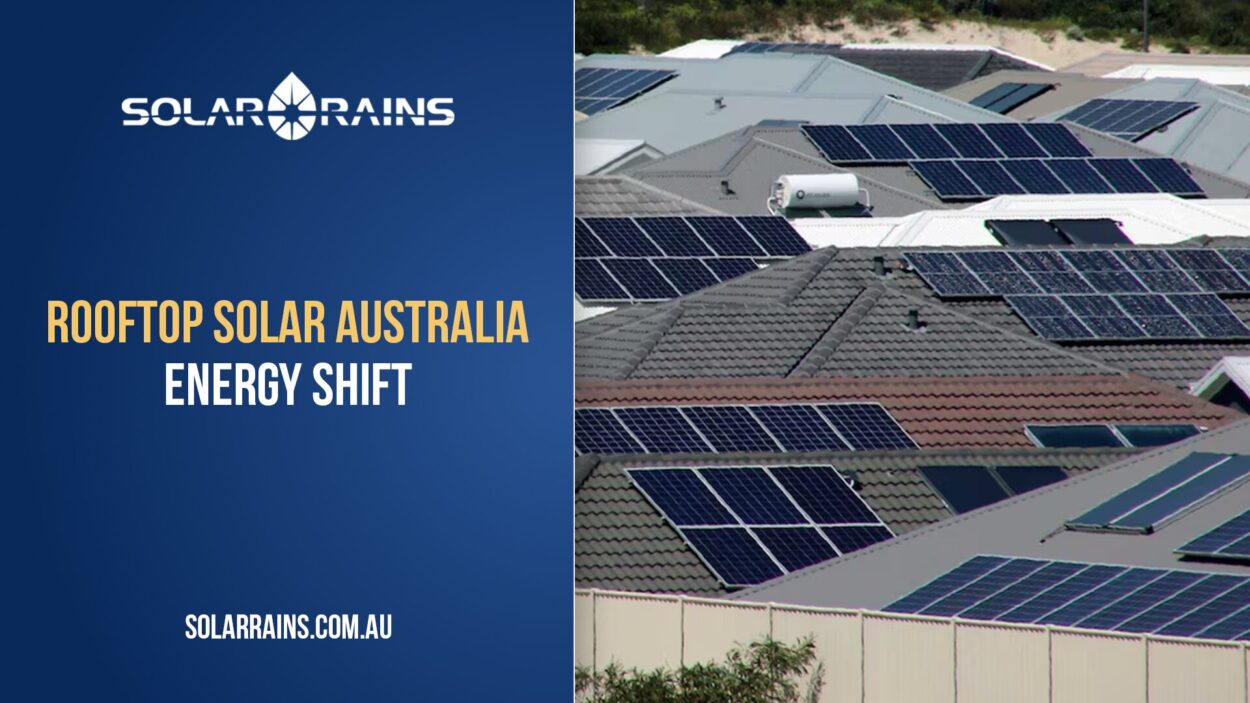Introduction
Western Australia is on the brink of a significant leap in residential battery adoption. The WA Residential Battery Scheme—backed by funding from the WA Government and the Clean Energy Future Fund—aims to promote solar‑battery integration across homes. This initiative aligns with the state’s drive toward energy resilience and stable solar self-consumption.
If you’re a solar supplier, installer, or involved in solar products wholesale and distribution, this scheme represents both opportunity and responsibility. Here’s why:
- Growing consumer interest in energy independence
- The need to build capacity for battery installations
- Rising demand for residential battery products and services
Now is the time for businesses in the solar power suppliers network to prepare and stay compliant.
Scheme Objectives & Scope
The WA Residential Battery Scheme aims to:
- Boost residential battery uptake: Encouraging homeowners to pair batteries with solar systems, reducing electricity bills and supporting the grid during peak hours.
Enhance grid stability: Decentralised storage helps balance electricity demand and supply. - Drive energy innovation: VPP-compatible solar products and upgrades are central to the scheme.
- Educate the industry: With accreditation programs, installers and retailers are set to meet new standards.
The initiative is a milestone in WA’s path to clean, distributed energy systems.
Vendor Accreditation & Application
Accreditation Process
Starting June 2025, vendor accreditation applications are open via Plenti:
- Completion of the Vendor Accreditation Guide required
- Businesses must have a physical WA address
- Interim NETCC compliance expected within three months
This ensures that solar suppliers maintain transparency, consumer trust, and regulatory adherence.
What Solar Vendors Need to Know
- Registerable on the Plenti platform
- Submit business and personal info, including training
- Ensure staff understand battery tech, safety, and consumer rights
Takeaway: Now is the time for businesses to become approved seller entities under the NETCC and position as reliable battery providers.
Technical & Compliance Requirements
The WA Residential Battery Scheme has specific technical conditions for participating installers and retailers:
- NETCC Compliance: Critical for consumer protection—retailers must follow advertising and sales conduct standards.
- Installer Accreditation: Installers must hold Grid Connected Battery System (GCBS) accreditation from Solar Accreditation Australia.
- System Compatibility: Systems must meet Synergy’s or Horizon Power’s technical handbooks and follow the Clean Energy Council (CEC) approved product list.
- Post‑installation Inspections: Safety compliance audits occur after rebate or loan disbursement.
These steps ensure that all solar products and installations are safe, reliable, and customer-focused.
Eligible Battery Systems & Equipment
The scheme covers:
- Battery capacity ≥ 5kWh (usable storage)
- Systems must be listed by the CEC and VPP‑capable
- Internet connectivity is mandatory for ongoing monitoring
- Eligible for new installations or replacements (no PV replacement required)
- Large inverters up to 10kVA are honoured from 1 July 2025
Add-on PV panels may also qualify for support—as long as they are installed alongside the battery.
Note: If your product lines include residential battery brands like those from AlphaESS, Swatten, and Deye, now is the time for listing & partnership discussions.
Virtual Power Plant (VPP) Requirements
Participation in a VPP product is mandatory:
- Eligible customers must enrol in VPPs offered by Synergy or Horizon Power
- Alternative VPP partners must be:
- Compatible with the home battery system
- Fair in value splitting
- Underpinned by valid market or service mechanisms (e.g. Network Support Services)
This model allows consumers to earn through grid services while supporting the overall health of WA’s power network.
Battery Waste & Circular Economy
WA’s new scheme also embraces environmental responsibility:
- Circular use: Batteries can be added to existing solar systems without redundant replacements
- Ongoing development of battery recycling policy across Western Australia
- The Product Lifecycle Responsibility Act 2025—sets a model framework for e‑waste management
As a solar power supplier, offering sustainable and legally compliant products enhances your brand image and builds consumer trust.
Industry Checklist & Preparation
To participate in the WA Residential Battery Scheme, industry players should:
| Role | Required Actions |
| Retailer | • Register with Plenti • Obtain NETCC status • Ensure WA presence |
| Installer | • Obtain GCBS accreditation • Complete compliance training |
| Products | • Include CEC‑approved, VPP‑enabled systems • Stock ≥ 5kWh modules |
| Operations | • Prepare for technical audits • Set up clear customer info |
Start early: accreditation, stock preparation, system setups, and marketing plans.
FAQs
Achievable from 1 July 2025. Batteries installed before this are excluded.
Yes. Minimum 5kWh usable capacity.
Yes—either Synergy/Horizon’s VPP or an equivalent value-sharing scheme.
It’s risky. Only current information should be used to avoid breaches under Australian Consumer Law.
Yes, in their respective service regions and under their technical handbooks.
Yes—if they meet safety and VPP eligibility.
Conclusion
The WA Residential Battery Scheme marks a major advancement in Western Australia’s energy transition. It offers retailers, installers, and solar suppliers a unique chance to grow their businesses while contributing to a sustainable future.
If you’re ready to join the scheme, now is the time to:
- Complete Plenti or NETCC registration
- Update certifications, products, and staff training
- Audit your product lines and installations for compliance
Solar Rains is committed to supporting industry professionals in WA. Explore our quality residential battery offerings or contact our sales team for guidance.










